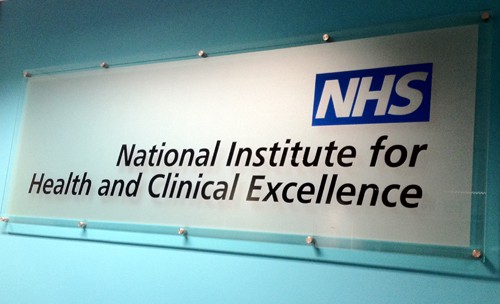
The UK’s National Institute for Health and Care Excellence (NICE) has issued a round of draft and final guidance on a number of key cancer drugs, with winners and losers across the board.
Ibrance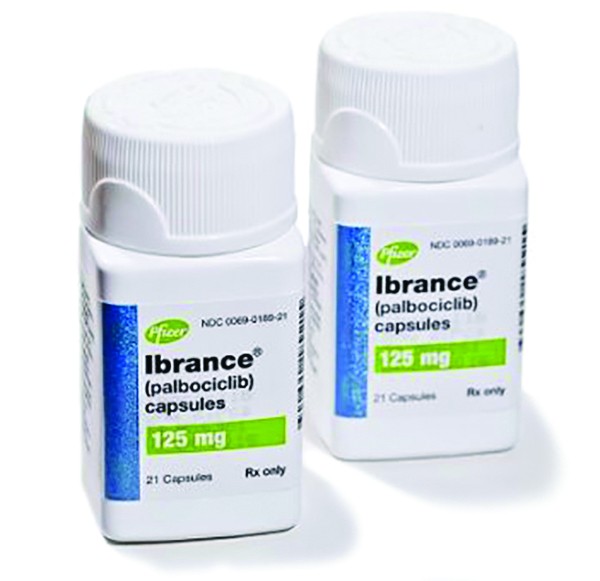
Pfizer received a positive answer from the cost-effectiveness watchdog, with NICE approving its breast cancer drug Ibrance (palbociclib) for use on the Cancer Drugs Fund.
It will become available for patients across England who have hormone receptor-positive, HER2-negative, advanced breast cancer who have already had endocrine therapy.
According to NICE, Ibrance now joins two other of its approved drugs – Novartis’ Kisqali (ribociclib) and Lilly’s Verzenio (abemaciclib) – as a treatment option for patients at this stage of the treatment pathway.
Despite finding the cost-effectiveness estimates of the drug “very uncertain”, NICE deemed the combination of Ibrance and older HER-2 treatment fulvestrant as a potentially cost-effective treatment.
The CDF allows drugs to become accessible for patients on the NHS, while also collecting more evidence to address any uncertainties regarding overall survival (OS) and cost-effectiveness.
“We are pleased that the company has agreed a managed access agreement that will allow palbociclib to be made available within the Cancer Drugs Fund as a further treatment option for people with this type of breast cancer,” said Meindert Boysen, director of the NICE Centre for Health Technology and Evaluation.
Ibrance is already available via the CDF as a second-line breast cancer treatment for people who have already had earlier rounds of hormone therapy for their advanced disease.
Lynparza
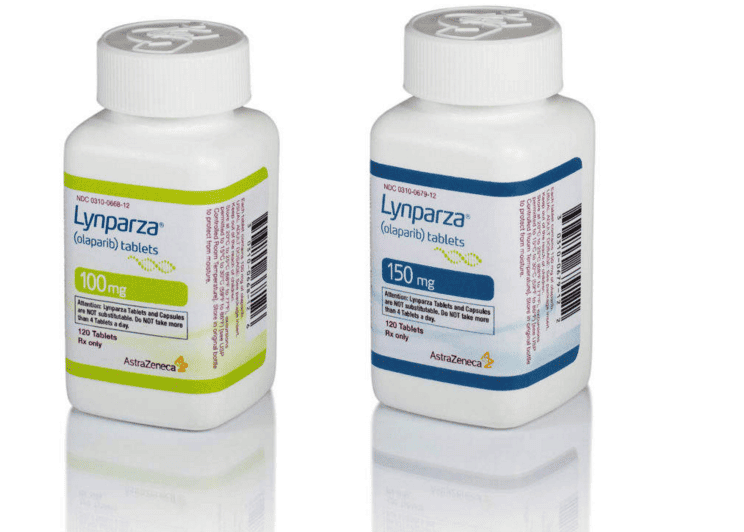 Also coming out of the NICE appraisal process with a recommendation is AstraZeneca’s Lynparza (olaparib) for the treatment of adults with relapsed platinum-sensitive BRCA1/BRCA2 mutated ovarian, fallopian tube or peritoneal cancer.
Also coming out of the NICE appraisal process with a recommendation is AstraZeneca’s Lynparza (olaparib) for the treatment of adults with relapsed platinum-sensitive BRCA1/BRCA2 mutated ovarian, fallopian tube or peritoneal cancer.
It has become available for routine use in the NHS for those who have had three or more courses of platinum-based chemotherapy, as it met NICE’s end-of-life criteria in this group.
However, Lynparza did not meet the end-of-life criteria for people who have had two courses of platinum-based chemotherapy, but was deemed as having the potential to be cost-effective “if further data confirms the overall survival benefit”.
Like Ibrance, AZ’s drug will be recommended for use within the CDF for this indication, to gather more evidence to confirm the OS benefit. According to NICE, around 1,100 people will be eligible for Lynparza through the CDF.
Keytruda
For Merck & Co’s blockbuster PD-L1 inhibitor Keytruda (pembrolizumab), the answer from NICE was not so 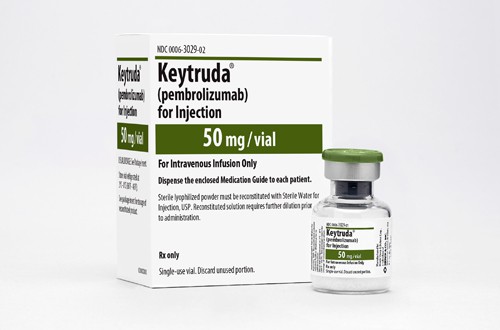 positive. It does not recommend the drug for use on the NHS for untreated metastatic or unresectable recurrent head and neck squamous cell carcinoma (HNSCC).
positive. It does not recommend the drug for use on the NHS for untreated metastatic or unresectable recurrent head and neck squamous cell carcinoma (HNSCC).
Although results from the KEYNOTE-048 trial of Keytruda demonstrate that some PD-L1 positive metastatic/unresectable recurrent HNSCC patients live longer on the treatment, NICE found uncertainty over the evidence as the comparator drugs in the trial do not reflect the standard practice across NHS England.
NICE also found issue over a lack of separate clinical evidence for people whose cancer started outside the mouth, and incomplete information regarding Keytruda’s clinical and cost-effectiveness.
In a statement, the institute said that it has asked Merck for more clinical and cost-effectiveness evidence to support a possible future recommendation.
Xospata
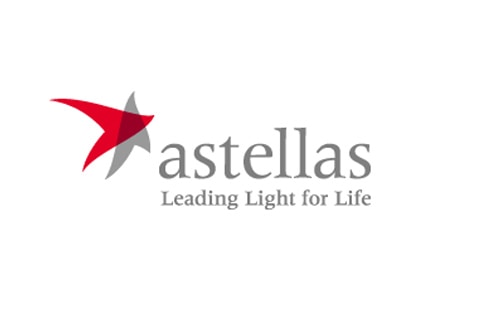 Also receiving a no from NICE was Astellas, which received a rejection of its FLT3-inhibitor Xospata (gilteritinib).
Also receiving a no from NICE was Astellas, which received a rejection of its FLT3-inhibitor Xospata (gilteritinib).
NICE does not recommend the treatment for relapsed or refractory FLT3-positive acute myeloid leukaemia. AML affects 3,100 people each year in the UK, and is often diagnosed after emergency admission to hospital.
Despite agreeing that evidence suggests Xospata can increase life expectancy by three months in AML patients, NICE maintained there is uncertainty around the long-term survival benefit of the drug.
Xospata was also too costly for the usual NICE recommendation, with a list price of £14,188 per 28-day pack. Although Astellas offered the NHS a confidential discount of that price, it ultimately did not fall within the normal range that NICE would consider a cost-effective use of NHS resources.




